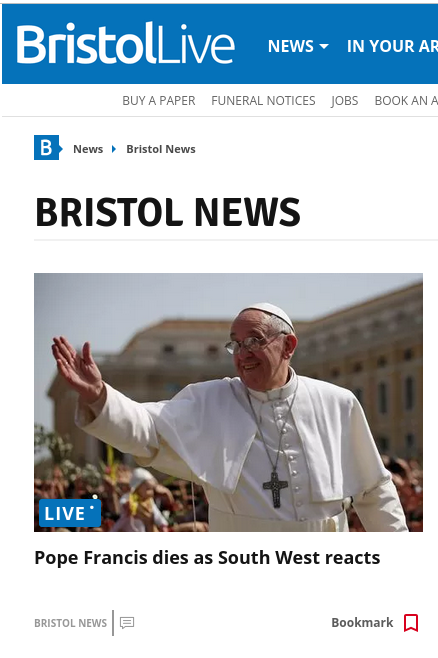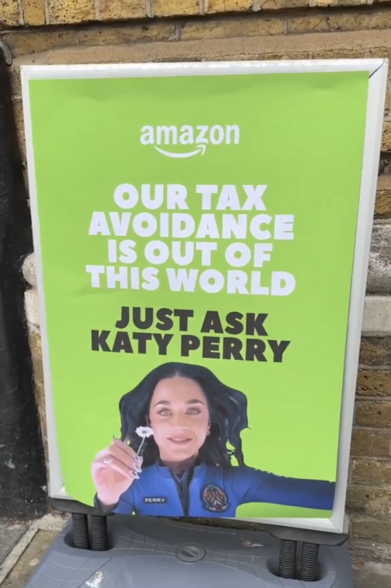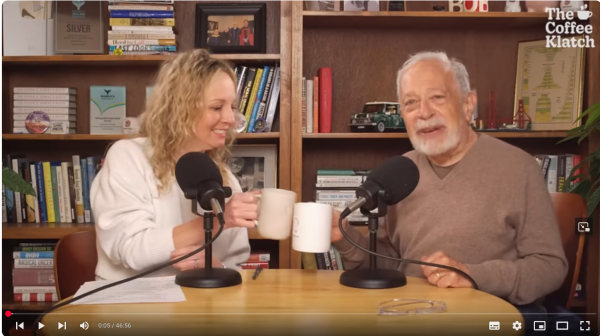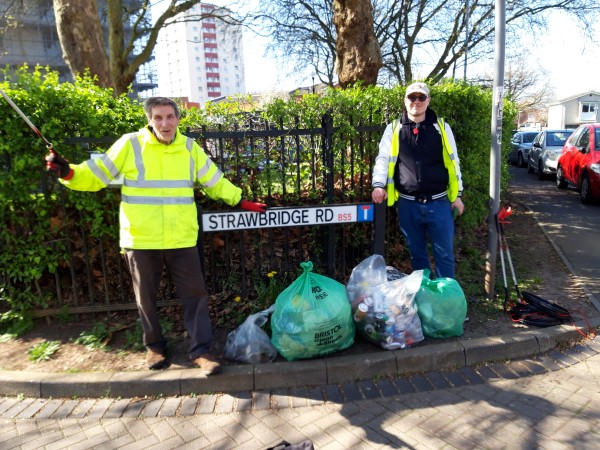 In 1948 an old Etonian then living of the Scottish island of Jura wrote a novel about future authoritarian dystopia.
In 1948 an old Etonian then living of the Scottish island of Jura wrote a novel about future authoritarian dystopia.
The novel was written as a warning, although in recent decades even allegedly democratic governments seem to have used it more as a manual to control what their citizens not only do, but also think.
The novel is, of course, George Orwell’s Nineteen Eighty-Four and the main method of mind control was via the so-called thought police.
Nothing is efficient in Oceania except the Thought Police.
Along with the Thought Police, Orwell also developed the idea of thoughtcrime, i.e. the offence of thinking in ways not approved by the ruling regime.
Moving forward from 1948 to 2025 and the presence of the state’s thought police is very apparent, particularly at present in the United States of America under the regime of the disgraced former 45th president and current disgraceful 47th president of the United States of America, insurrectionist, convicted felon, adjudicated sexual predator, business fraudster, congenital liar and golf cheat commonly known as Donald John Trump, who has a mission to Make America Grate Again (or something similar. Ed.).
The Felon’s thought police have been particularly active, expunging DEI policies.
However, the thought police have also been active in the far-flung reaches of Uncle Sam’s domain, where the job of policing thoughts and ideas critical of or hostile to The Donald, his rule and his cronies falls to the Immigration and Customs Enforcement service,, commonly abbreviated to ICE.
In a social media post which has since been deleted, ICE included ideas in a list of of targets from which it was keeping Trump’s Grate America safe, according to the Huffington Post.

Ideas thought illegal include any objections and/or criticism of US support for the continuing Israeli genocide in and annexation of the Palestinian territories of the Gaza strip and West Bank.
But returning to the far-flung reaches of Uncle Sam’s domain referred to above, these also include the confines of the grandly titled Pituffik Space Base, recently the venue for an insult our allies session by the deeply unpleasant JD Vance (posts passim).
The alleged vice-president’s remarks during his brief three-hour visit did not go down too well with the base commander, Col. Susan Meyers, according to Military.com. In the aftermath of Vance’s brief stopover, Col. Meyers sent a message to all personnel at Pituffik seemingly aimed at generating unity among the airmen and Guardians, as well as the Canadians, Danes and Greenlanders who work there, following Vance’s appearance.
It is not clear whether Meyers is still serving as commander of the 821st Space Base Group following her email, but the email itself will have come to the attention of the thought police.

 Today marks the 20th anniversary of the ratification of the
Today marks the 20th anniversary of the ratification of the 




 In 1948 an old Etonian then living of the Scottish island of Jura wrote a novel about future authoritarian dystopia.
In 1948 an old Etonian then living of the Scottish island of Jura wrote a novel about future authoritarian dystopia.
 Kindly step forward with no style at all one James David Vance (born James Donald Bowman. Ed.), inexplicably made vice-president of the United States by the disgraced former 45th president and current disgraceful 47th president of the United States of America, insurrectionist, convicted felon, adjudicated sexual predator, business fraudster, congenital liar and golf cheat commonly known as Donald John Trump.
Kindly step forward with no style at all one James David Vance (born James Donald Bowman. Ed.), inexplicably made vice-president of the United States by the disgraced former 45th president and current disgraceful 47th president of the United States of America, insurrectionist, convicted felon, adjudicated sexual predator, business fraudster, congenital liar and golf cheat commonly known as Donald John Trump.